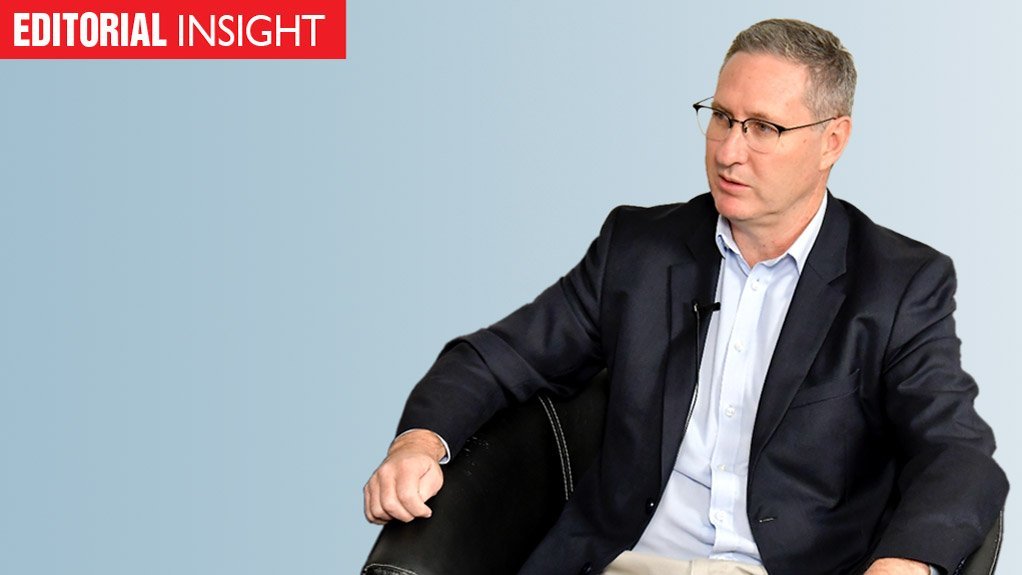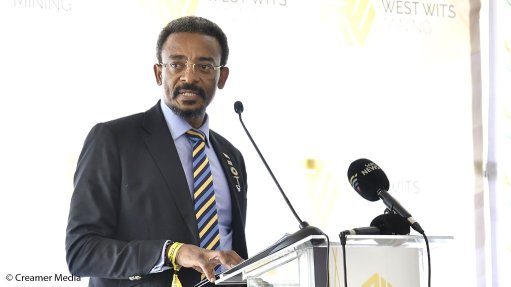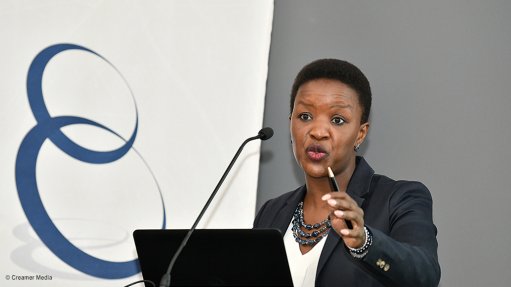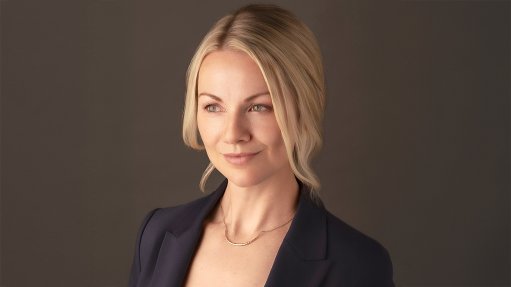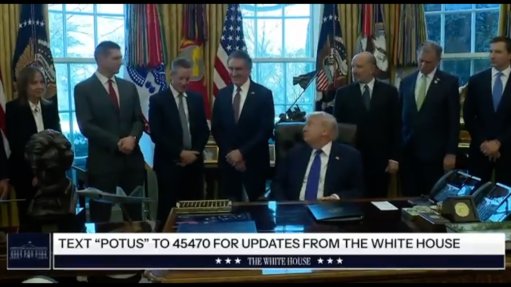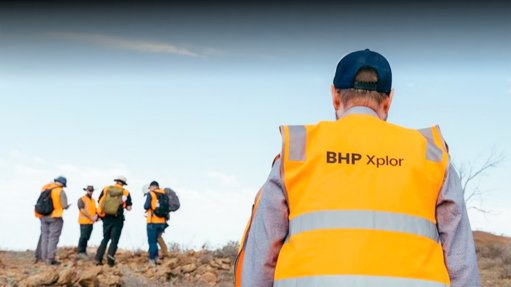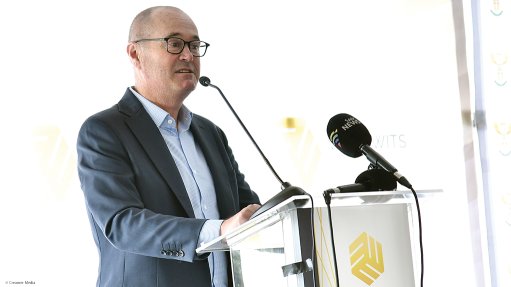Let’s get it right
Mineral Resources and Energy Minister Gwede Mantashe is correct about the need to update the Integrated Resource Plan (IRP).
Even on the very day, October 18, 2019, when the document was finally gazetted, the so-called IRP 2019 was out of date. The technology cost, electricity demand and generation assumptions included in the document had already changed materially while it wended its way through the necessary, albeit excruciatingly slow, drafting, public consultation, policy adjustment and Cabinet approval phases. And this after two previous attempts at updating the 2010 edition of the document proved unsuccessful.
It was evident from day one, for instance, that the energy availability factor (EAF) assumptions for the Eskom coal fleet were overly ambitious. “Plant performance projections in the final plan contained in this report are based on the scenario [provided by Eskom] with an EAF of 75% by 2030. In this scenario, EAF starts at 71% in year 2020, and increases to 75.5% by year 2025 and beyond,” the document reads.
In the event, Eskom’s EAF has not recovered and has, instead, remained on a steep decline. It currently stands at below 65%, despite strenuous, albeit undercapitalised and inadequately prepared, maintenance efforts.
An immediate consequence was for the IRP 2019 to underestimate the “short-term gap”, which was pegged at between 2 000 MW and 3 000 MW. This miscalculation became clear almost immediately when President Cyril Ramaphosa was forced to cut short an official visit to Egypt after Eskom declared Stage 6 load-shedding on December 9, 2019, for the first time ever and revised its estimation of the supply gap to at least 5 000 MW.
A second consequence was a yearly generation technology allocation that was both undersized and misallocated. Instead of scaling up and front-loading the only two sources of electrical energy that could close the gap timeously and enable Eskom to use the country’s emergency capacity (its pumped-storage assets and the open-cycle gas turbines) effectively and prudently, artificial yearly limits were placed on the introduction of new solar photovoltaic and wind capacity.
What’s more, rather than doing everything to accelerate efforts to procure as much of that new renewable electricity as quickly as possible, government wasted time and energy on a risk-mitigation programme that has since been found wanting technically, financially and, in some cases, environmentally.
Decentralised procurement, catered for in the IRP 2019, remained tied up in irrational regulation for years and stymied by technocratic constraints to wheeling and third-party sales. There has since been some progress on this front with the 100 MW reform.
Then there were the cost-raising policy adjustments made to sustain new coal, honour a diplomatic commitment to import hydro and ensure, through something called ‘Decision 8’, that new nuclear remained in the mix, even if no allocation was provided for the technology to 2030.
All these problems must be dealt with through an IRP update, which, given our financial predicament, has to be heavily weighted in favour of a least-cost outcome.
Article Enquiry
Email Article
Save Article
Feedback
To advertise email advertising@creamermedia.co.za or click here
Press Office
Announcements
What's On
Subscribe to improve your user experience...
Option 1 (equivalent of R125 a month):
Receive a weekly copy of Creamer Media's Engineering News & Mining Weekly magazine
(print copy for those in South Africa and e-magazine for those outside of South Africa)
Receive daily email newsletters
Access to full search results
Access archive of magazine back copies
Access to Projects in Progress
Access to ONE Research Report of your choice in PDF format
Option 2 (equivalent of R375 a month):
All benefits from Option 1
PLUS
Access to Creamer Media's Research Channel Africa for ALL Research Reports, in PDF format, on various industrial and mining sectors
including Electricity; Water; Energy Transition; Hydrogen; Roads, Rail and Ports; Coal; Gold; Platinum; Battery Metals; etc.
Already a subscriber?
Forgotten your password?
Receive weekly copy of Creamer Media's Engineering News & Mining Weekly magazine (print copy for those in South Africa and e-magazine for those outside of South Africa)
➕
Recieve daily email newsletters
➕
Access to full search results
➕
Access archive of magazine back copies
➕
Access to Projects in Progress
➕
Access to ONE Research Report of your choice in PDF format
RESEARCH CHANNEL AFRICA
R4500 (equivalent of R375 a month)
SUBSCRIBEAll benefits from Option 1
➕
Access to Creamer Media's Research Channel Africa for ALL Research Reports on various industrial and mining sectors, in PDF format, including on:
Electricity
➕
Water
➕
Energy Transition
➕
Hydrogen
➕
Roads, Rail and Ports
➕
Coal
➕
Gold
➕
Platinum
➕
Battery Metals
➕
etc.
Receive all benefits from Option 1 or Option 2 delivered to numerous people at your company
➕
Multiple User names and Passwords for simultaneous log-ins
➕
Intranet integration access to all in your organisation



